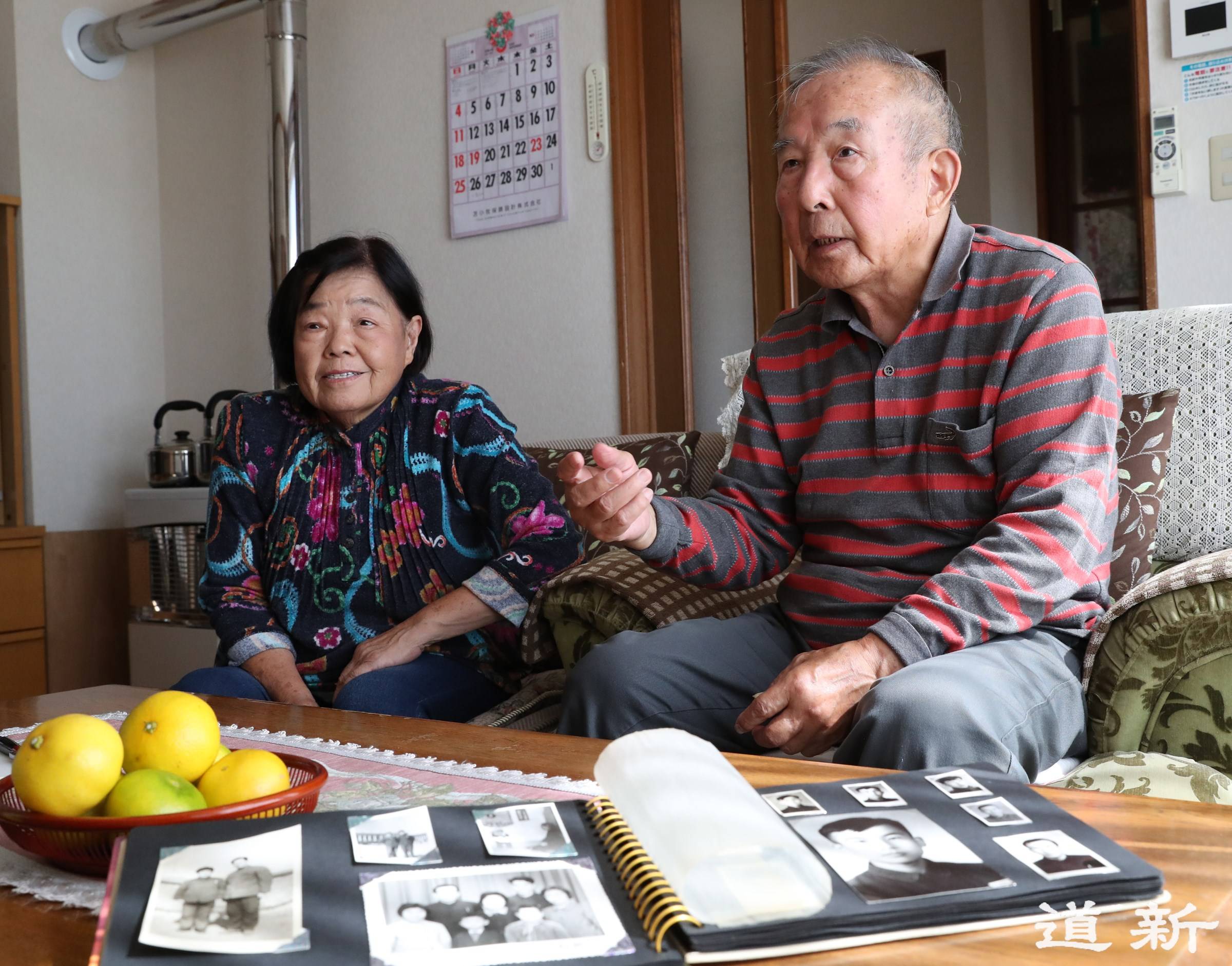Japan and China recently marked 50 years since normalizing diplomatic ties, on Sept. 29, 1972. For the past half a century, the two countries have maintained a close economic relationship while periodically confronting each other or seeking closer ties politically.
Kohei Yamada, an 85-year-old resident of the town of Atsuma in southern Hokkaido, is a Japanese war orphan who was left behind in China amid the chaos of the end of World War II. He returned to Japan after the two countries normalized ties.
Yamada, who deeply appreciates the preciousness of peace, said, “I hope the two countries will not fight in the next 50 years, either, and that people will never be made war victims like us again.”
















With your current subscription plan you can comment on stories. However, before writing your first comment, please create a display name in the Profile section of your subscriber account page.